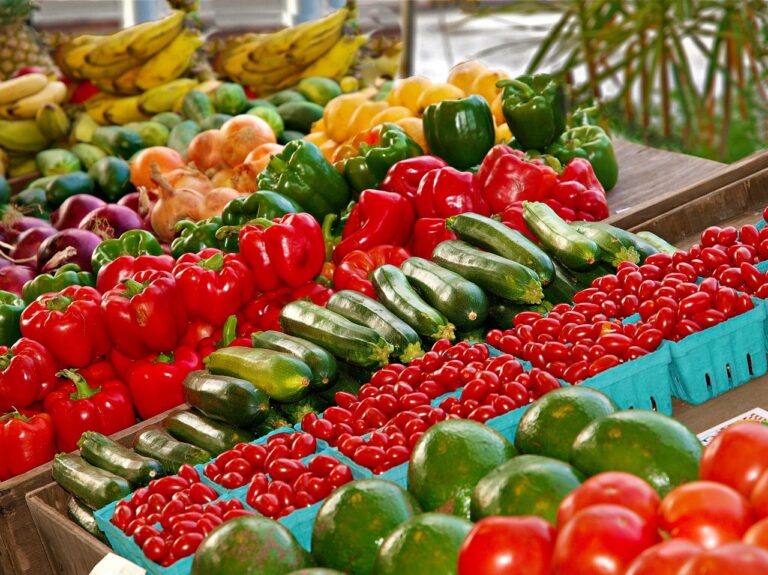Food Safety Governance: Ensuring Effective Regulation and Enforcement Across Supply Chains
To maintain public health and prevent foodborne illnesses, the establishment and enforcement of food safety regulations are essential. These regulations outline the standards and requirements that food producers, processors, and distributors must follow to ensure the safety of the food supply chain. By adhering to these regulations, the risk of contamination and the spread of harmful bacteria and pathogens can be minimized.
Proper food safety practices not only protect consumers from potential health hazards but also uphold the reputation and credibility of the food industry. Consumers rely on regulatory bodies and government agencies to enforce these standards and hold food businesses accountable for maintaining safe practices. The implementation of robust food safety regulations is fundamental in building trust and confidence in the food system, ensuring that the products reaching consumers are safe for consumption.
Challenges in Ensuring Compliance Across Supply Chains
One of the major hurdles in maintaining compliance across food supply chains is the complexity of the global market. With ingredients sourced from various regions and products passing through multiple hands before reaching consumers, ensuring consistent adherence to food safety standards can be a daunting task. Lack of visibility and control throughout the supply chain can lead to increased risks of contamination or mishandling of products, putting consumer health at risk.
Moreover, differing regulations and standards across countries and regions further complicate the issue of compliance. A product that meets the requirements in one market may not necessarily comply with the regulations in another, making it challenging for businesses to navigate the regulatory landscape. This variance in standards also poses difficulties in aligning processes and practices across the supply chain to ensure uniform compliance and maintain the highest possible level of food safety.
Role of Government Agencies in Monitoring Food Safety
Government agencies play a vital role in monitoring food safety to protect public health. These agencies set and enforce regulations to ensure that food manufacturers, processors, and distributors adhere to strict standards to prevent contamination and illnesses. By conducting inspections, testing samples, and investigating complaints, government agencies can identify potential risks and take necessary actions to maintain food safety standards.
The Food and Drug Administration (FDA) and the United States Department of Agriculture (USDA) are two major government agencies responsible for overseeing food safety in the United States. The FDA focuses on regulating most processed foods, while the USDA is primarily involved in regulating meat, poultry, and egg products. Through their regulatory efforts, these agencies help to safeguard the food supply chain and work towards minimizing the risks of foodborne illnesses that can have serious consequences for public health.
What is the importance of food safety regulations?
Food safety regulations are crucial in ensuring that the food we consume is safe and free from contamination. These regulations help prevent foodborne illnesses and protect public health.
What are some challenges in ensuring compliance across supply chains?
Some challenges in ensuring compliance across supply chains include the complexity of food supply chains, lack of transparency, and the need for effective communication and collaboration among all parties involved.
What is the role of government agencies in monitoring food safety?
Government agencies play a critical role in monitoring food safety by implementing and enforcing regulations, conducting inspections, and investigating foodborne illness outbreaks. These agencies help ensure that food producers and processors adhere to safety standards to protect consumers.







